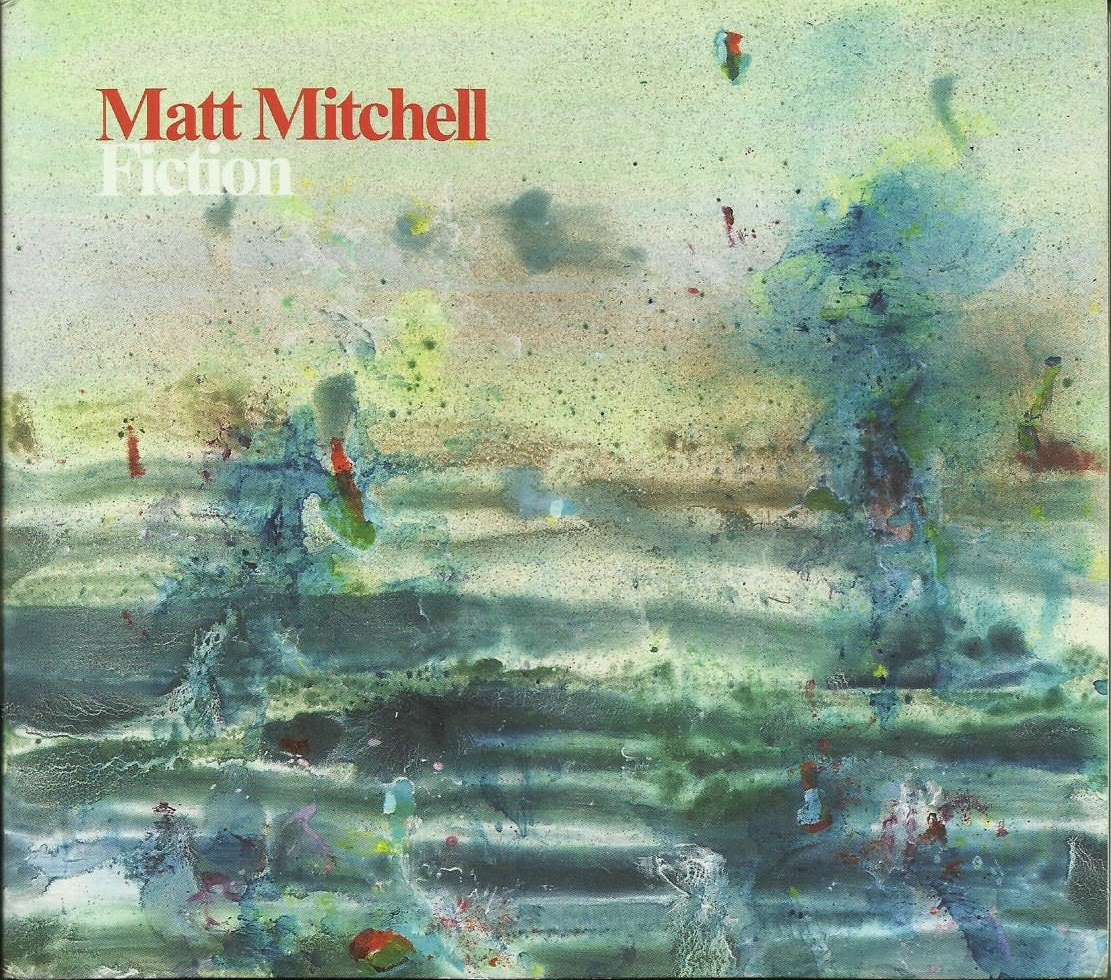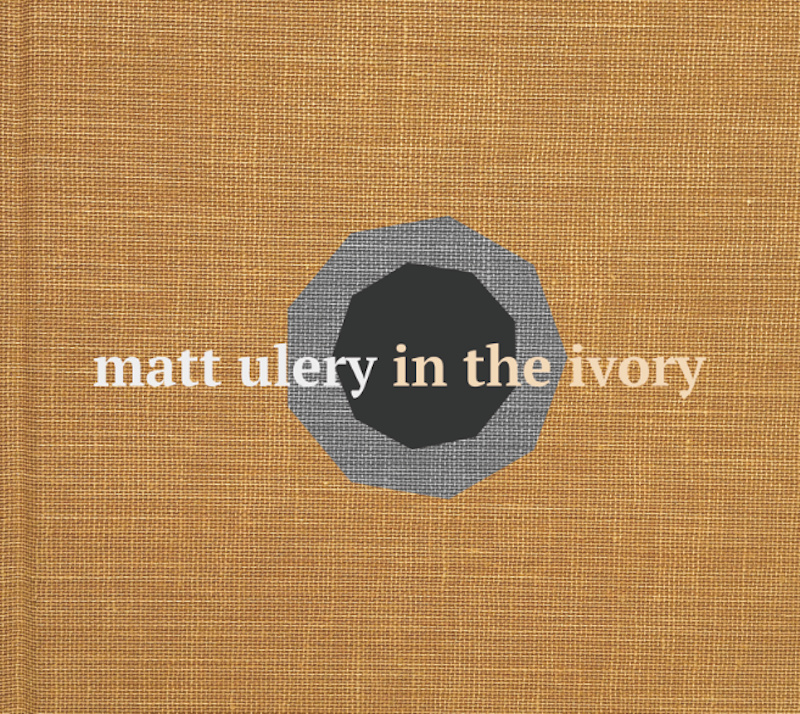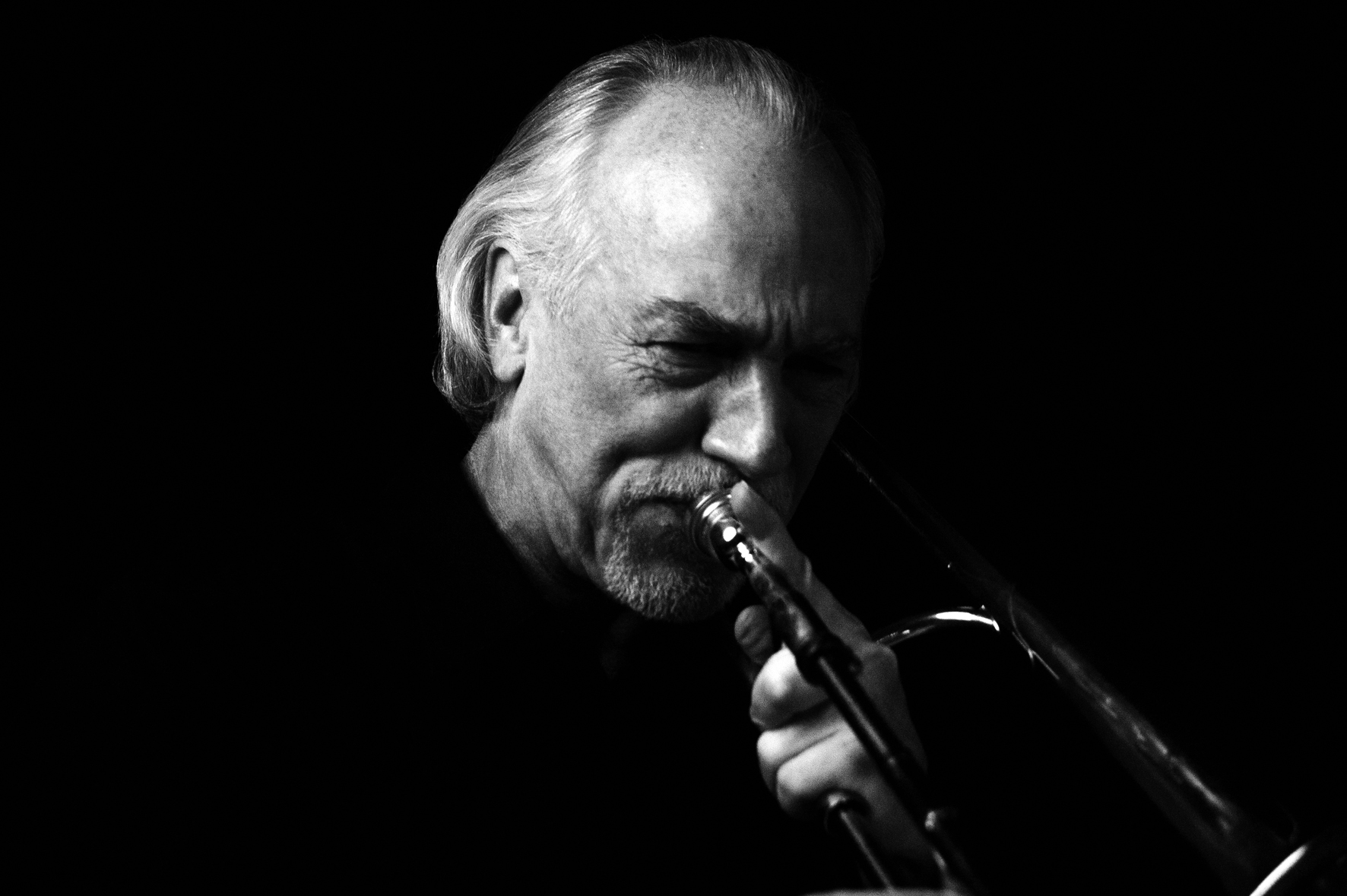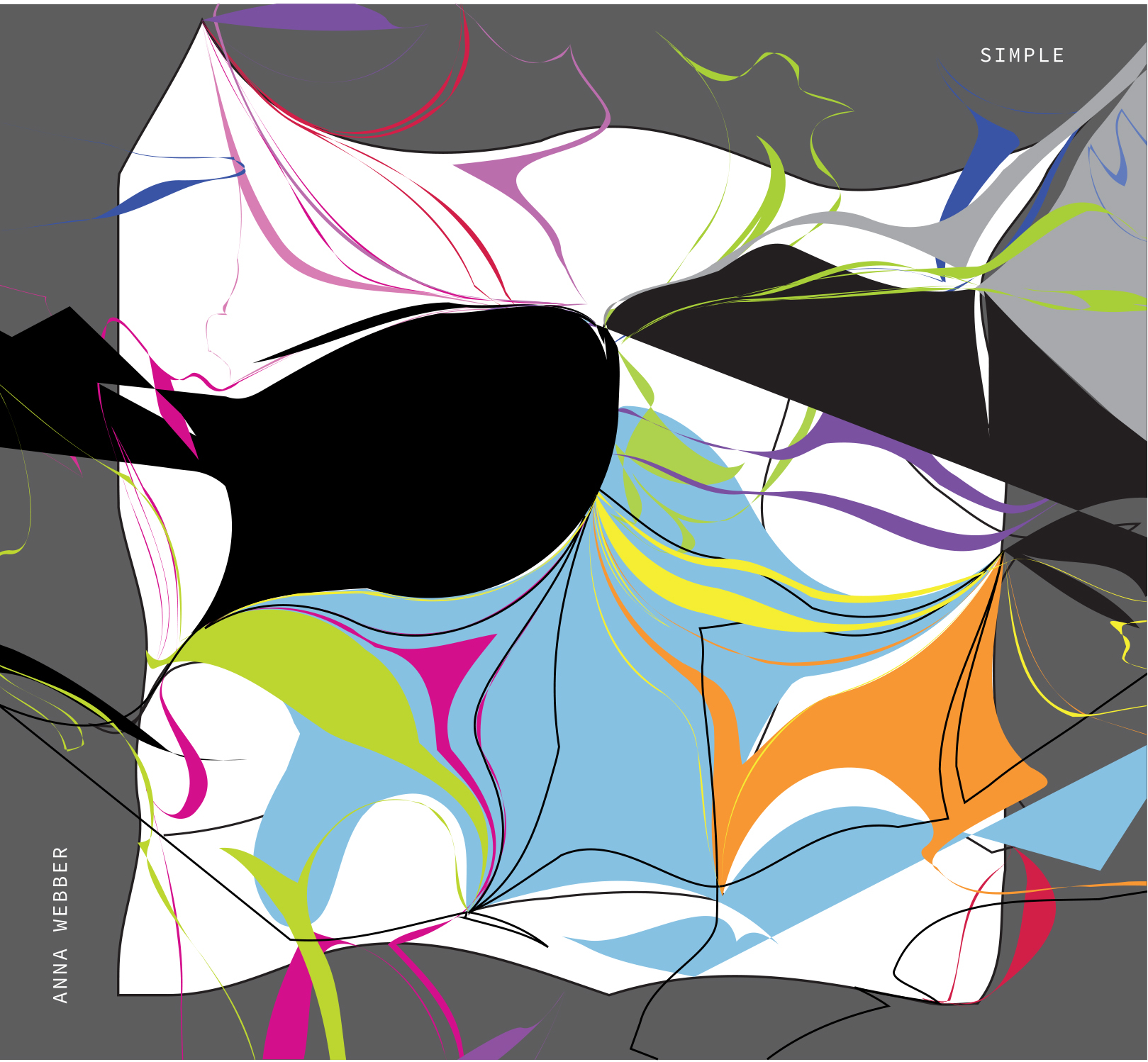
 Nickel Creek: A Dotted Line
Nickel Creek: A Dotted Line
Nickel Creek is often categorized as “progressive bluegrass,” I can't say I know any other artists in the category. But Chris Thile is incredible in everything he does, and the two other members of the group are fantastic. What I love about this album is the virtuosity the musicians aren't afraid to show: harmonic complexity, stylistic range (Hayloft, with the sweet hi-hat on the snare drum is somewhere between a 2014 pop tune and a Ricky Martin hit. so good.), and a heavy reliance on their own acoustic instruments to fill up the ensemble sound. Without naming specific names, the current wave of poppy “folk-revival” seems insincere and pandering to me, with the votive candles in mason jars and the suspenders and beards, which usually all adds up to 3 open-chord strumming and banal rhythm. As if “folk music” in and of itself holds some kind of fantastical ideal simplicity that we can only access by dressing up and really caring. Conversely, Nickel Creek's deep exploration of the genre's limits and possibilities seems so natural; they are loving and owning the history of bluegrass by stretching it. But really, you only need to listen to the last track, “Where is Love Now?” to be convinced of this album's excellence. I listened to it like 10 times in a row.


Michel van der Aa: Here Trilogy
I've been surprised to see just how little popularity van der Aa has in America, because his aesthetic is very close to many well-known American composers, and he does a lot of cool work with opera and film. The Here Trilogy has a sort of Andriessen-ian rhythmic drive as it spins into obsessive repetition, and the piece's lack of ornamentation feels so cold, stark, and terrifying. Many of his works, including this one, have psychological themes, and the solo soprano + orchestra instrumentation alludes to the psychological dramas of Schoenberg, Berg, and Strauss. The piece also has a similar free atonality as the early modernists. Basically it's badass, relentless, and alienating. Also: a very cool idea where a section of the piece is “rewound” with a tape recorder held by the soprano soloist, after which the section is repeated exactly. That wasn’t a great explanation of just how effective the concept is when it is executed in the piece, but I love the use of common music technology’s ability to distort linear time as a symbol for mental instability.


Charlie Parker: Complete Live At Birdland
This album came out a few years ago but I've only been listening for a few months, but it has had a huge impact on the music I make. Some of the tracks are just little snippets of tunes, many with horrible sound quality. But the performances captured here are unbelievable. Parker's wild abandonment is so far from the lifeless, self-referential standard language his expressions are often distilled down into, the language we all learned in college. This album is a reminder that jazz was the most extreme music in America at one point, and can be again if we embrace it with the uncompromising passion of Parker and his contemporaries. Layers upon layers of rhythm propel the music forward, quotes are stated out of key or abandoned halfway through, and songs occasionally succumb to total messiness. But the result is otherworldly, beautiful sound, too full of aesthetic daring to be “conservative”, and too referential of jazz history and canon to be “progressive”. This album is a humbling reminder of the artistic standards to which we should hold ourselves, and the transcendent results when those standards are met.
Ethan Helm is a composer and saxophonist living in New York City. Originally from Yorba Linda, California, he attended Eastman School of Music as a Rogers Scholar and graduated with a bachelors degree with High Honors in jazz saxophone in 2012, after which he relocated to Manhattan. He is the winner of the Baltimore Jazz Showcase Award in composition and currently is a sideman and leader of multiple interesting projects.















 I met up with Chicago composer and bassist
I met up with Chicago composer and bassist 






 This is our 30th episode! This week I talk with saxophonist and composer
This is our 30th episode! This week I talk with saxophonist and composer